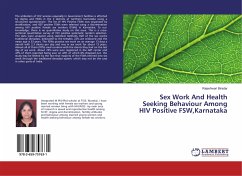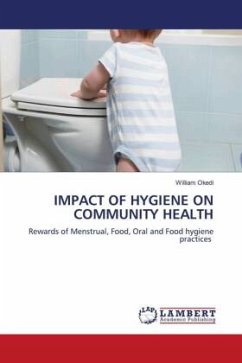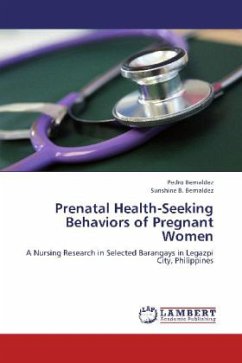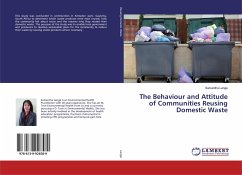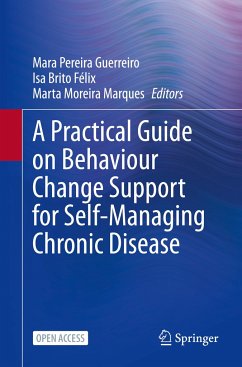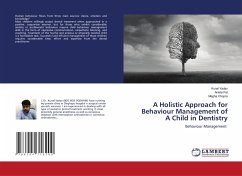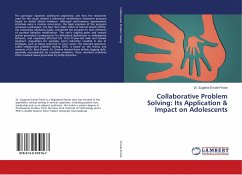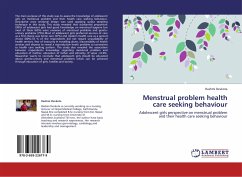
Menstrual problem health care seeking behaviour
Adolescent girls perspective on menstrual problem and their health care seeking behaviour
Versandkostenfrei!
Versandfertig in 6-10 Tagen
32,99 €
inkl. MwSt.

PAYBACK Punkte
16 °P sammeln!
The main purpose of this study was to assess the knowledge of adolescent girls on menstrual problem and their health care seeking behaviour. Descriptive cross sectional design was used applying quota sampling technique in this study. This study revealed that substantial proportion (99%) of adolescent girls had good knowledge on menstrual hygiene but most of them (63%) were unaware of menstrual problems and genito-urinary problems (75%).Most of adolescent girls preferred sources of care as a first choice was home care (57%) and modern health care as a second choice (80%).53 % of the respondents...
The main purpose of this study was to assess the knowledge of adolescent girls on menstrual problem and their health care seeking behaviour. Descriptive cross sectional design was used applying quota sampling technique in this study. This study revealed that substantial proportion (99%) of adolescent girls had good knowledge on menstrual hygiene but most of them (63%) were unaware of menstrual problems and genito-urinary problems (75%).Most of adolescent girls preferred sources of care as a first choice was home care (57%) and modern health care as a second choice (80%).53 % of the respondents did not regard unavailability of health services, fear of insecurity in travelling alone, inaccessibility of health services and shyness to reveal a reproductive heath problem as constraints to health care seeking pattern. The study also revealed the association between respondents knowledge regarding menstrual problem and education of mother, education of father and ethnicity. (P value 0.05). Researcher wants to conclude that adolescent girls should be educated about genito-urinary and menstrual problem which can be achieved through education of girls, families and society.



